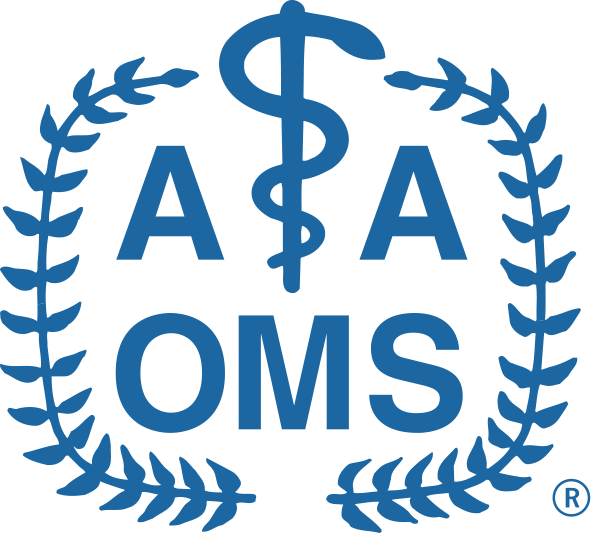New DEA training requirements affecting oral and maxillofacial surgeons licensed to prescribe controlled substances take effect this summer. All DEA-registered practitioners must complete a one-time eight-hour training requirement of coursework addressing substance use disorders as part of the Medication Access and Training Expansion (MATE) Act.
Practitioners who complete their next scheduled DEA renewal registration or an initial application on or after June 27 must check a box on their online DEA registration form affirming they have completed the training. The DEA clarifies that past training – including continuing education received through AAOMS or the ADA prior to Dec. 29, 2022 – counts toward meeting this requirement and that the eight hours does not need to be completed as a single session.
Training may be on the management of patients with opioid or other substance use disorders and not necessarily the treatment of these patients. We believe AAOMS offers qualifying online CE courses to meet the requirement.
While AAOMS continues its communications with the DEA and SAMHSA, we also would strongly suggest contacting the DEA with questions regarding qualifying courses or other matters. Email questions to the Diversion Control Division Policy Section at [email protected] or call 571-362-3260.
Visit our website for key provisions, advocacy efforts and available educational resources to assist members in complying with the MATE Act. Questions? Email [email protected].


